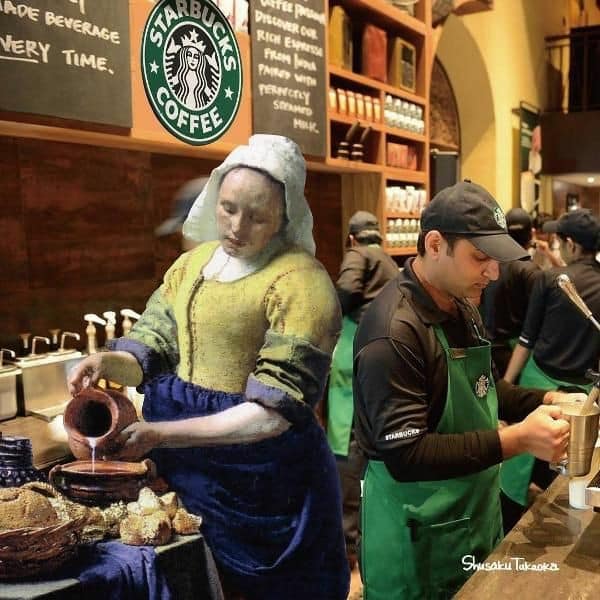The recovering US economy scored a big jobs gain in July, which President Joe Biden said Friday was further evidence his policies have been successful.
“What is indisputable now is this: the Biden plan is working. The Biden plan produced results and the Biden plan is moving the country forward,” he said at the White House after government data showed 943,000 new jobs added last month.
Despite progress in recovering from “the economic mess we inherited,” the president acknowledged that the recovery is “far from complete, and … doubtless will have ups and downs along the way” as the Delta variant of the coronavirus casts doubts on the outlook.
With widespread vaccinations allowing the world’s largest economy to begin to return to normal, hiring has accelerated after several months of disappointing results, but remains 5.7 million jobs short of its pre-pandemic level, the Labor Department said.
The faster hiring pushed the unemployment rate down a half a point to 5.4 percent.
And the gain in June was revised sharply higher than the original report, to show an increase of 938,000 non-farm payroll positions, seasonally adjusted, and the result for May was also revised up, according to the report.
Economists cautioned that the solid trend of the past two months could be derailed if more restrictions are imposed to contain the rising Covid-19 infections, or if schools are unable to reopen.
“The highly contagious Delta variant casts a shadow on the labor market recovery in the coming months, threatening to slow the return of workers still on the sideline due to childcare issues or health concerns,” Kathy Bostjancic of Oxford Economics said in an analysis.
But Biden said the country was better able to deal with the current outbreak than previous ones because of vaccinations. Half of the US population is now fully inoculated against Covid-19, the White House announced separately Friday.
– Improvement for Black workers –
With restaurants, bars and hotels opening their doors, the biggest the gains in hiring in July came in the leisure and hospitality sector, which increased 380,000, the report said.
And as schools prepare to reopen for in-person classes, public education rose 220,000.
For Black workers, the jobless rate fell a full point from the prior month to 8.2 percent — far higher than for white workers — although that came amid a worrying decline in labor force participation, which points to more people giving up on looking for a job.
In another sign the labor market has not fully recovered, there were 4.5 million people working part time because they cannot find full time work, the report said.
Even with many people on the sidelines, companies continue to report struggles finding workers to fill open positions.
That shortage has been acute in the construction industry, which added just 11,000 positions, while manufacturing rose by 27,000.
The labor shortage also is driving wages higher, and average hourly earnings nationwide jumped 11 cents to $30.54, the report said.
Republicans have blamed the generous federal jobless benefits for keeping potential hires on the sidelines. Two dozen state governments have terminated supplemental unemployment payments early and they are set to expire nationwide in September.
Rubeela Farooqi of High Frequency Economics said “expiration of unemployment benefits combined with ongoing vaccinations should result in an easing of supply shortages.”
– Time to remove stimulus? –
The jobs recovery brings closer the time when the Federal Reserve will start to ratchet back its massive stimulus efforts that have supported the economy.
The central bank has pledged to keep interest rates low to ensure a return to “maximum employment” and accept higher inflation for a time, but is expected in coming months to announce plans to taper is huge bond-buying program that has provided liquidity to the economy during the crisis.
“The recovery in employment is getting to a place where the Fed needs to seriously consider tapering its asset purchases to avoid an unnecessary overshoot on inflation,” said Diane Swonk, chief economist at Grant Thornton.
The economy’s resilience through new coronavirus outbreaks “ups the risk of a misstep and the need for the Fed to extinguish unwanted inflation.”









